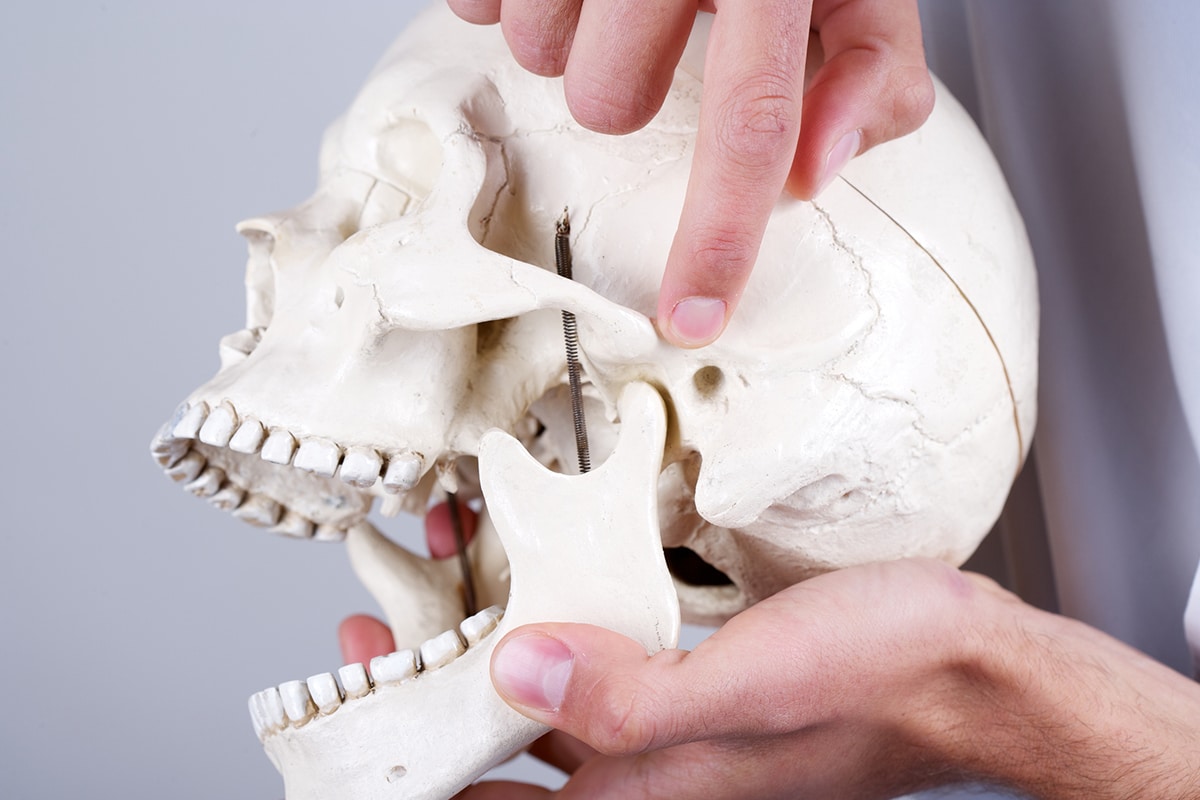September 17, 2024

TMJ disorders are very common in the United States, affecting anywhere from 14 to 34 million adults. While TMJ disorders may be prevalent, they are also very treatable. Let’s take a look at this collection of conditions and some of the innovative ways we treat them here at Dentex Smile Studio in New Jersey.
What are TMJ Disorders?
TMJ disorders are a group of conditions that affect the TMJs, or temporomandibular joints. These conditions are collectively known as temporomandibular joint disorder, or TMD. TMJ disorders can fall into three broad categories - disorders of the chewing muscles, disorders of the jaw joints, or headaches caused by TMJ issues. Many TMJ disorders feature similar symptoms, including:- Pain in the jaw, face, shoulder, and/or neck
- Stiffness in the jaw that makes it difficult to open and close the mouth
- A popping or clicking noise or sensation in one or both of the TMJs when opening and closing the mouth
- Headaches, including migraines
- Pain in the inner ear
- Tooth pain
- Ringing in the ears
- Teeth misalignments
